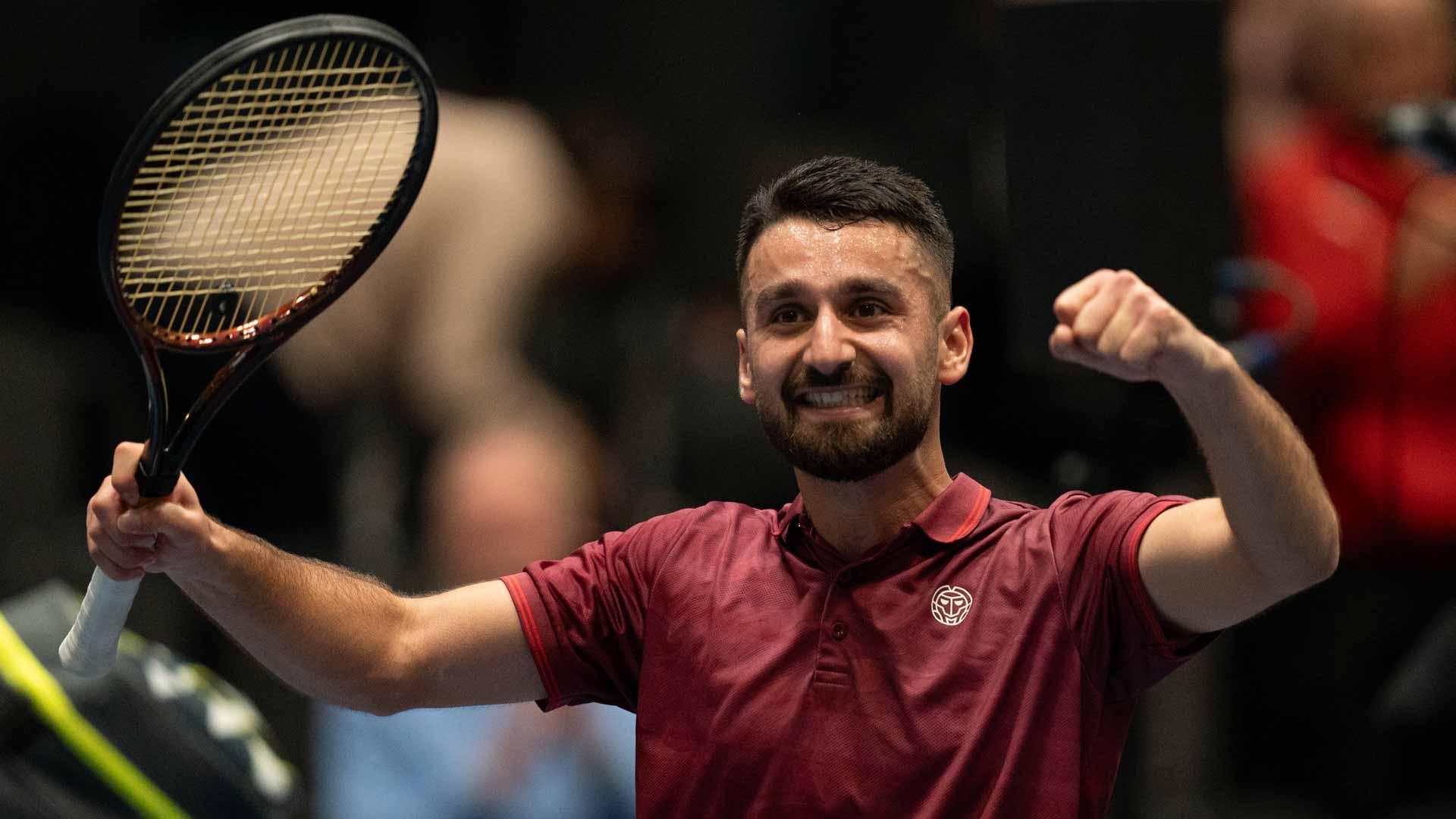Israeli airstrikes over Syria’s central city of Homs and nearby areas killed and wounded civilians, the Syrian military said Wednesday without giving details.
There was no immediate comment from Israel. The strikes come as tensions across the Middle East grow with the Israel-Hamas war and a drone attack last month that killed three U.S. troops in northeastern Jordan near the Syrian border.
Syrian state news agency SANA quoted an unidentified military official as saying the strikes late Tuesday damaged private and public property. The pro-government Sham FM radio station said the areas struck included the affluent al-Malaab neighbourhood and Hamra Street.
At least six civilians were killed including a woman and a child, along with two militants from the Lebanese Hezbollah group and two people who could not immediately be identified, according to the Britain-based pro-opposition war monitor the Syrian Observatory for Humanitarian Rights.
The observatory said the casualties were all in a building on Hamra Street. It said at least nine explosions were heard in Homs and its outskirts, where Hezbollah is reportedly present.
Israel has carried out hundreds of strikes on targets inside government-controlled parts of war-torn Syria in recent years.
Israel rarely acknowledges its actions in Syria, but it has said it targets bases of Iran-allied militant groups such as Hezbollah, which has sent thousands of fighters to support Syrian President Bashar Assad’s forces. It has also targeted members of Iran’s paramilitary Revolutionary Guard in Syria, including a high-ranking general in December.
After Russian stubbornness: Path of rapprochement between Turkey and Syrian regime collapses
The article from Enab Baladi outlines the collapse of the rapprochement efforts between Turkey and the Syrian regime, largely due to Russian influence and the inability to agree on key issues. Despite ongoing discussions involving Turkey, Russia, Iran, and the Syrian regime, the process derailed at the end of 2023. Alexander Lavrentiev, the Russian President’s special envoy for Syria, announced in January 2024 that attempts to normalize political relations between Turkey and the Syrian regime had failed, primarily because of disagreements over the withdrawal of Turkish military forces from Syria. This issue was crucial for Damascus, as it sought guarantees for a long-term withdrawal, which Ankara found unacceptable due to unspecified reasons.
The article further explains that the process of rapprochement faced consistent obstacles, including mutual conditions that neither side was willing to concede on, leading to a stalemate. Despite this, the Russian approach remained focused on normalizing Turkish-Syrian relations, considered crucial for regional stability.
Meetings aimed at facilitating this rapprochement were held mostly in Moscow, with the last one taking place in Astana, indicating an ongoing effort to engage in dialogue. However, a meeting anticipated to further these discussions did not materialize during the 21st round of the Astana peace process, underscoring the deepening rift between Turkey and the Syrian regime.
The presence of Turkish military forces in Syria and Ankara’s objectives to combat “terrorist organizations” it associates with the PKK, SDF, and YPG in Iraq and Syria, remain central to its conditions for withdrawal. Conversely, the Syrian regime, under Bashar al-Assad, demands the withdrawal of Turkish forces from its territory as a non-negotiable condition for normalizing relations.
The deadlock is seen as a reflection of both sides’ needs and the complex interplay of regional politics, with Turkey seeking cooperation on security issues and the return of refugees, and Damascus, along with its allies Moscow and Tehran, recognizing the improbability of a near-term Turkish withdrawal.
The article concludes by noting that dialogue remains essential for all parties involved, with future talks potentially focusing on changing the status of Aleppo and addressing demographic changes in the city. Despite the current stalemate, the need for a negotiated settlement and the potential for future negotiations, possibly involving a tripartite summit in Moscow, suggests that efforts to resolve these issues will continue, albeit with significant challenges ahead.
How Syrian war refugee Hazem Naw triumphed through turmoil
Alptour.com published a long report on a tennis player’s journey from a war-torn Syrian city to becoming the first Syrian to win a Challenger main draw match
Hazem Naw’s story is a testament to resilience and perseverance against the backdrop of the Syrian civil war. Born into a family with a tennis background in Aleppo, Naw faced the harsh realities of war firsthand, from bomb explosions near his practice sessions to the destruction of his hometown and the Al-Hamadaniah Tennis Complex where he trained. Despite these challenges, Naw and his family remained dedicated to tennis, practicing on the remaining usable courts amid the dangers surrounding them.
Naw’s journey took a significant turn when he moved to Damascus in 2015 with the support of the Syrian Tennis Federation to continue playing in ITF junior tournaments. Eventually, at 17, Naw found a new home in Cologne, Germany, through a family friend. This move marked the beginning of a new chapter, allowing Naw to train at a higher level and compete in the Bundesliga events, drawing him closer to professional tennis.
Naw’s breakthrough came when he became the first Syrian to win a main-draw match at the ATP Challenger 100 event in Koblenz, Germany. His success at the Koblenz Open, where he reached the semi-finals, is not just a personal achievement but a beacon of hope for aspiring athletes from conflict zones. Naw’s resilience, shaped by his experiences in Syria, has become his strength on the tennis court, teaching him gratitude and mental toughness.
Despite the distance from his family, with whom he reunites only occasionally, Naw’s achievements are a source of inspiration. His story highlights the importance of perseverance, family support, and the transformative power of sports. As he looks for sponsorship to continue his journey, Naw’s ascent in professional tennis serves as a reminder of the potential within those who face adversity, aiming to inspire others in Syria and beyond to pursue their dreams despite the odds.


